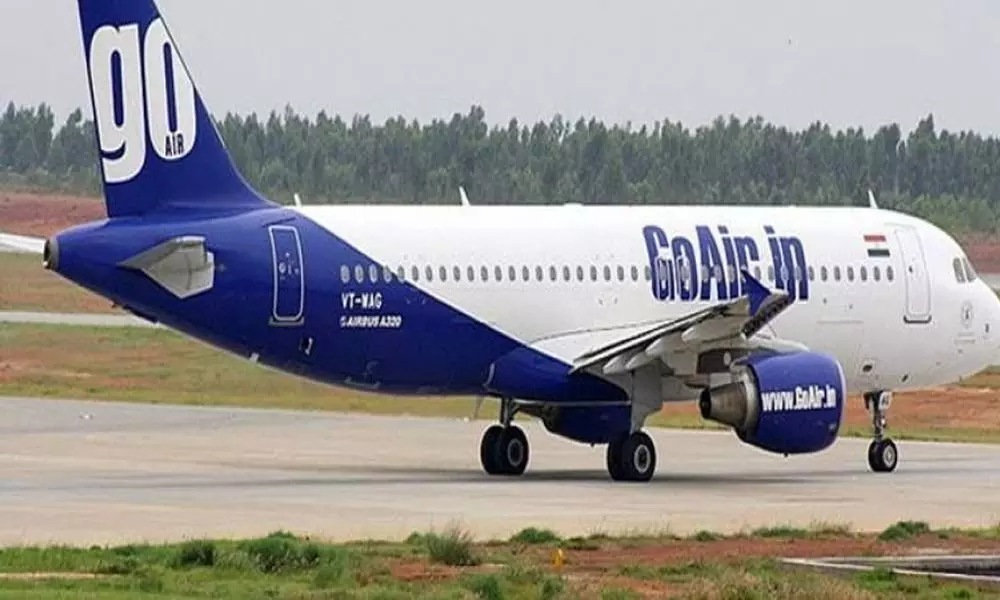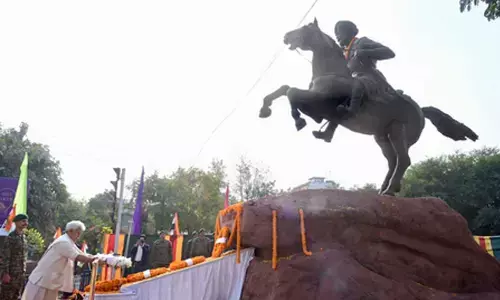DGCA to inspect PW engines, which have been used for more than 3000 hours, of GoAir's A320neo planes

The decision came after an incident on Monday morning in which an A320neo aircraft of GoAir carrying 132 passengers had to return 10 minutes after take-off from Guwahati airport.
News Delhi: Aviation regulator DGCA on Tuesday decided to inspect all Pratt and Whitney (PW) engines which have been used for more than 3000 hours of GoAir's A320neo planes, an official said.
The decision came after an incident on Monday morning in which an A320neo aircraft of GoAir carrying 132 passengers had to return 10 minutes after take-off from Guwahati airport as its PW engine faced a mid-air snag.
A senior DGCA official said on Tuesday, "We will be inspecting GoAir planes that have PW engines which have been used for more than 3,000 hours. Post-inspection, we will decide on what action has to be taken in this matter."
As PW engines of IndiGo's A320neo family aircraft's have also been facing similar incidents, the Directorate General of Civil Aviation (DGCA) on October 28 ordered it to replace 16 PW engines, which have been used for more than 3000 hours, within 15 days.
Worried about the safety aspect, the DGCA issued further orders to IndiGo on November 1, telling it that all 97 A320neo family aircraft in its fleet must have modified PW engines by January 31 next year "at all costs".
Later, unsatisfied with IndiGo's speed in replacing the unmodified PW engines, the regulator on November 25 instructed it to ground an old A320neo family aircraft with an unmodified PW engine for every new A320neo plane added to its fleet to prevent large-scale cancellation of flights from January 31 onwards.
On December 4, in its presentation to investors and analysts, the airline said that PW engine issues is "likely to have an impact on future capacity".
The A320neo family aircraft, which are powered by PW engines, have been facing frequent on-ground and mid-air glitches since their induction into the IndiGo and GoAir fleets in 2016.
















